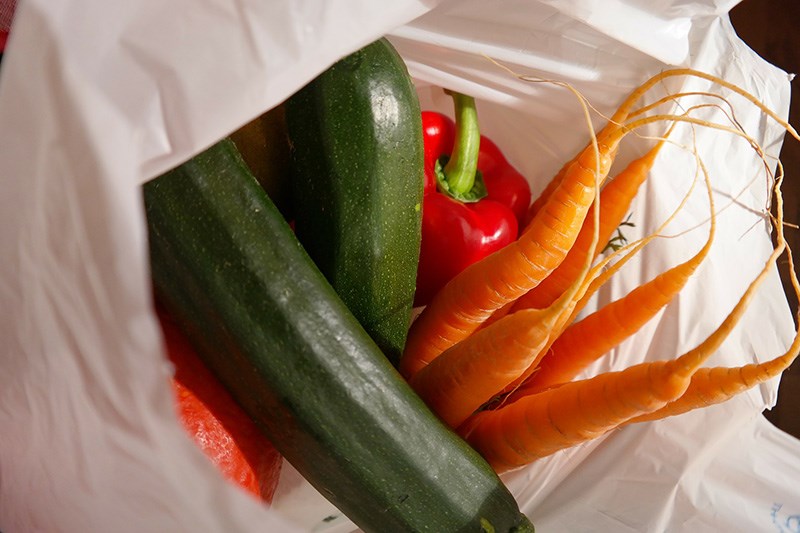Port Moody is considering banning the use of single-use plastic shopping bags and styrofoam containers.
But such a ban won't happen until businesses, interested stakeholders and the public have had a chance to weigh in on the idea.
At Tuesday’s city council meeting, councillors passed a motion directing staff to prepare a timeline for that consultation process to happen.
In a report presented to council, the city’s environmental protection committee also recommended city staff monitor how similar initiatives to ban the use of plastic bags are proceeding in Vancouver and Victoria to get a better idea of the various challenges such a ban might bring.
In Victoria, businesses will no longer be allowed to provide plastic bags to their customers beginning July 1. But last month, the Canadian Plastic Bag Association filed a petition in court challenging the city’s authority to enact a ban.
Coun. Meghan Lahti said a slow, cautious approach is prudent given the potential impact on local businesses.
“This is not something you can do overnight,” she said. “There is a lot of work to be done to accomplish this.”
But other councillors want the process towards a ban to move more quickly.
“We can’t wait for these kinds of initiatives,” said Coun. Zoe Royer, adding Port Moody was the first city in British Columbia to ban the use of cosmetic pesticides.
Coun. Hunter Madsen warned that being too cautious “increases the likelihood we’ll find lots of reasons we can’t move forward.”
While Mayor Mike Clay supported the idea of more consultation, he questioned whether the city might, in fact, be creating more problems by enacting such a ban as most people reuse their plastic shopping bags in a variety of ways.
“We’re targeting something that isn’t that great a problem in our community,” Clay said, adding he sees more trash comprised of discarded coffee cups than plastic bags.
But Coun. Royer said regulating the use of plastic bags and styrofoam containers is the first step in getting people to start thinking differently about packaging and garbage.
“It’s a local problem, it’s a global problem,” she said. “It’s a problem for everybody.”



